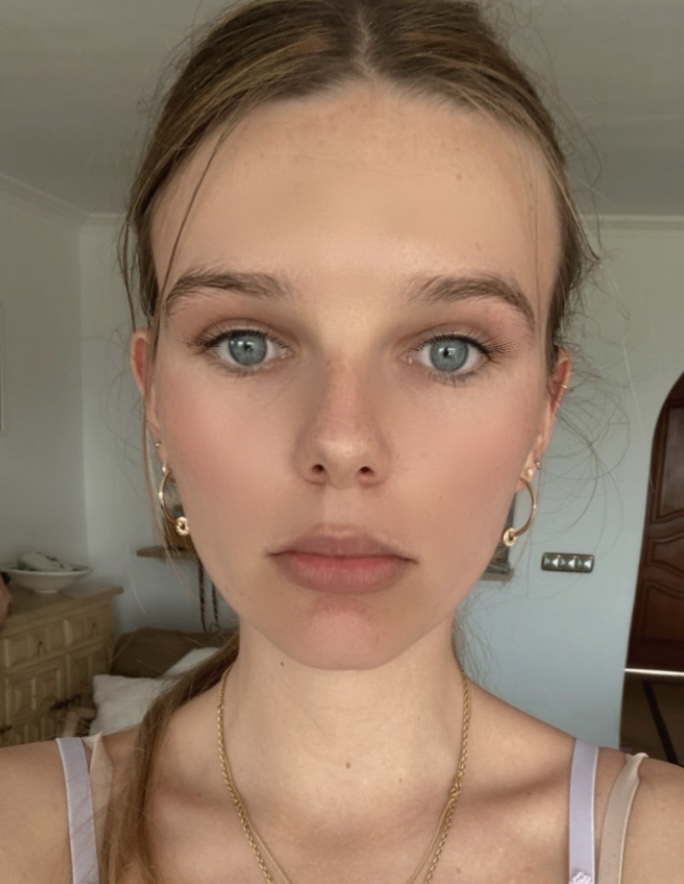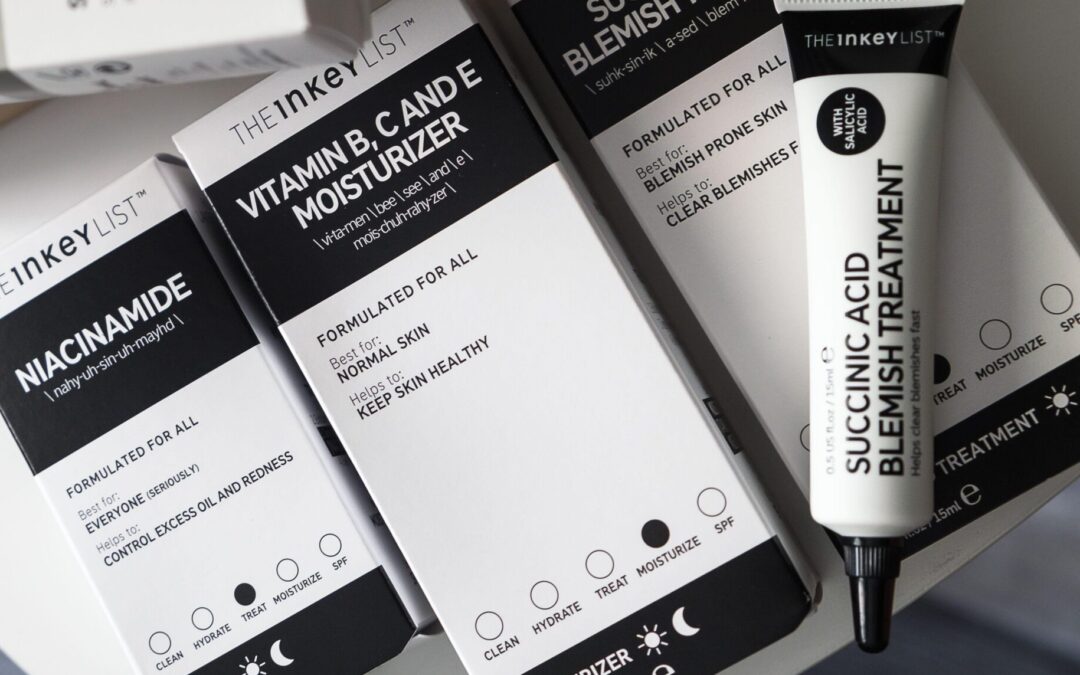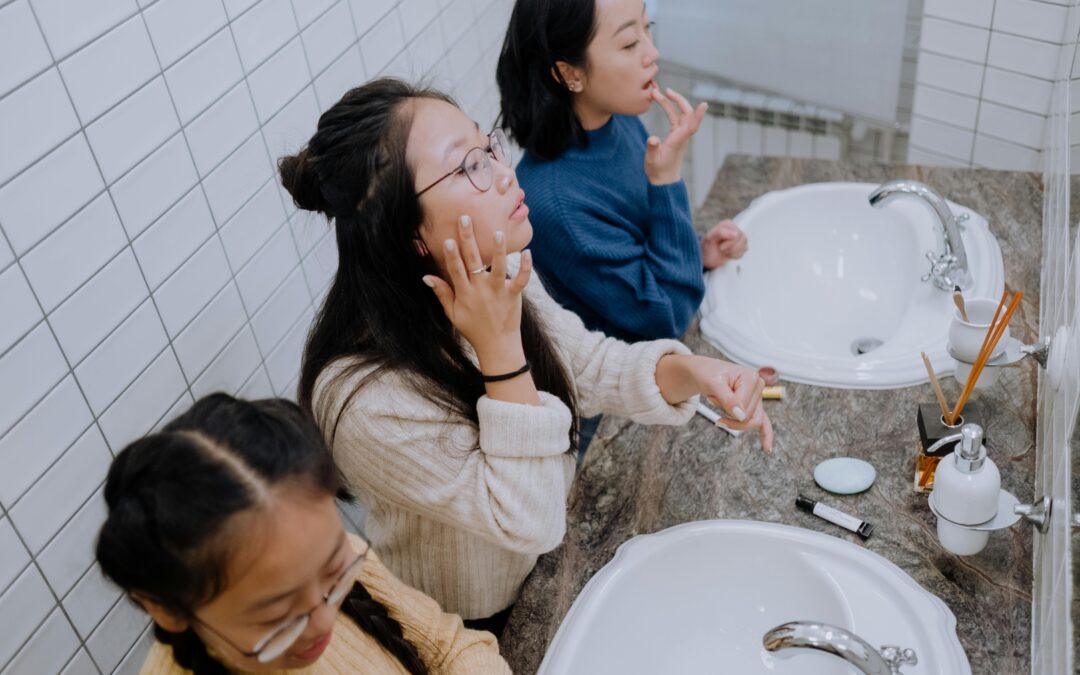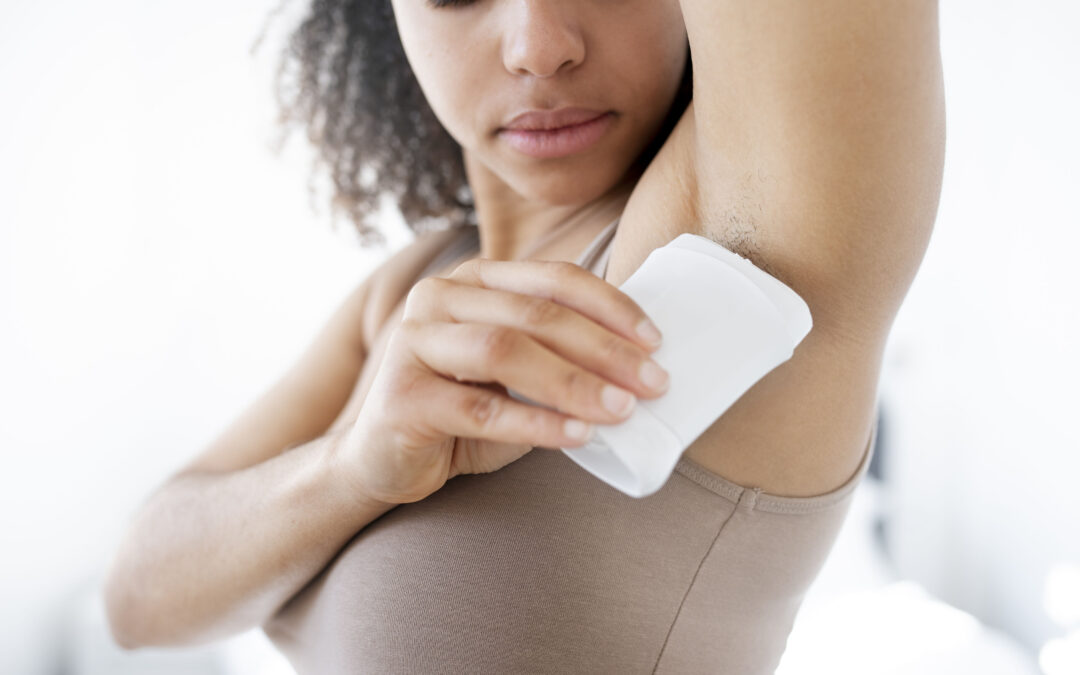You may or may not have heard of the controversial Instagram face, but I can assure you you will know what I am referring to when you see it.
Cat- like eyes, long lashes, small nose, chiselled cheekbones, flawless complexion, full brows…? Ring a bell? Yes, I thought it would.
It is inevitable that we are made to believe that this facial structure is the beauty standard as we unfortunately have it drilled into us day in day out on social media.
It may influence you into using filters on your selfies, editing your pictures or attempting this look through makeup.


But how common is it that young people will go to the extent of trying to permanently (or at least for a long period of time) change our faces?
The number of cosmetic surgery and cosmetic procedures being performed on teenagers is very low as since 2021 cosmetic surgery was made illegal for under 18s in the UK.
However, in a recent survey conducted by Patient Claim Line it states that GenZ is the most likely demographic to consider getting cosmetic surgery- with 36% of Brits aged 18 to 24 have considered getting some sort of surgery.
As for non surgical procedures, research conducted in 2025 by ITV, one in five 18 to 25 year olds had had some sort of botox filler leaving experts quite concerned.
Many people have campaigned for change as in the UK these procedures on adults are extremely unregulated.
READ MORE: Fresh Piercing? Here’s How to Heal It Right
So, what cosmetic procedures are teenagers and young adults receiving?
We spoke to Dr Saman Zeeshan, a cosmetic dermatologist and an aesthetic dermatology teacher in the United Arab Emirates.
In the UAE it is also illegal to have surgery and botox treatments until you are 18.
“Cosmetic dermatology aims to deal with conditions which are more superficial, for example, acne scarring. It is usually things which have a cosmetic value but perhaps not a medical value”, she says.
Dr Zeeshan said teenagers (under 18s) usually begin with something completely non-invasive.
“Normal facials with a machine that suctions out grime and trapped oil from the oil glands. Then this moves on to something like micro-needling in which we use a small device which has some needles at its end. ” She says. “This is very popular actually among teenagers as it helps with acne scarring. Then this goes on to chemical peels, which is basically application of an acid that when applied to your skin, removes some layers of your skin.”
These procedures are expensive but highly addictive as we are constantly being exposed to ‘perfect’ people on social media creating almost unattainable beauty standards.
Dove developed a survey in 2024 that resulted in some shocking statistics:
- 1 in 2 girls say toxic beauty advice on social media causes low self-esteem.
- 9 in 10 girls say they follow at least one social media account that makes them feel less beautiful.
- Over half of girls say they can’t live up to the beauty standards projected on social media.
Although toxic beauty standards are not only subject to girls, men are also affected.
The Vamps singer, James McVey, has been previously open about struggling with toxic standards and feeling unsatisfied with his body at a very young age.
It is very widely known that fillers, botox and surgical procedures can go wrong despite being extremely popular and normalised.
Many influencers and celebrities have spoken out about their regrets and bad experiences, for example Love Island star Faye Winter, who has often spoken about her ‘botched’ botox, as well as Molly Mae who publicly declared she had dissolved all the fillers she had started getting at the age of 17, ‘I literally looked like a different person. When I look back at pictures now, I’m terrified of myself. I’m like, ‘Who was that girl?’ I don’t know what happened.’ She said in an interview on Diary of a CEO.
Despite controversy and risks these kinds of procedures will inevitably be in demand. If you are strongly considering receiving treatments or have done any in the past, be very careful. Consult the NHS website for further advice.
Dr Zeeshan said: “Everything does have a certain downtime. So while you’re going through a procedure, the body has gone through an invasive process. Let’s suppose you get a laser treatment. The skin would be red and very sensitive in the sun.
READ MORE: Skin cancer doesn’t wait: the truth about the sun
“A good practitioner should explain these side effects before starting any sort of procedure and they should tell the patient as well what needs to be done to make sure they recover faster. The same goes for more invasive treatments like fillers.”
I think we can agree that ‘good’ practitioner is the keyword here.
“Very often you’ll find people upselling treatments and procedures. It’s really important for young people to be a bit mindful of this. Technically it’s allowed in the UK to be an injector even though you’re not a medical professional and this can lead to problems. It’s common to run into complications and unfortunately I’ve seen that people who are not medically qualified don’t have the eye to identify a complication let alone to treat it.” said Dr Zeeshan.
If you feel you are negatively impacted by these trends please seek help from a medical professional and use the mental health services there are on offer.




